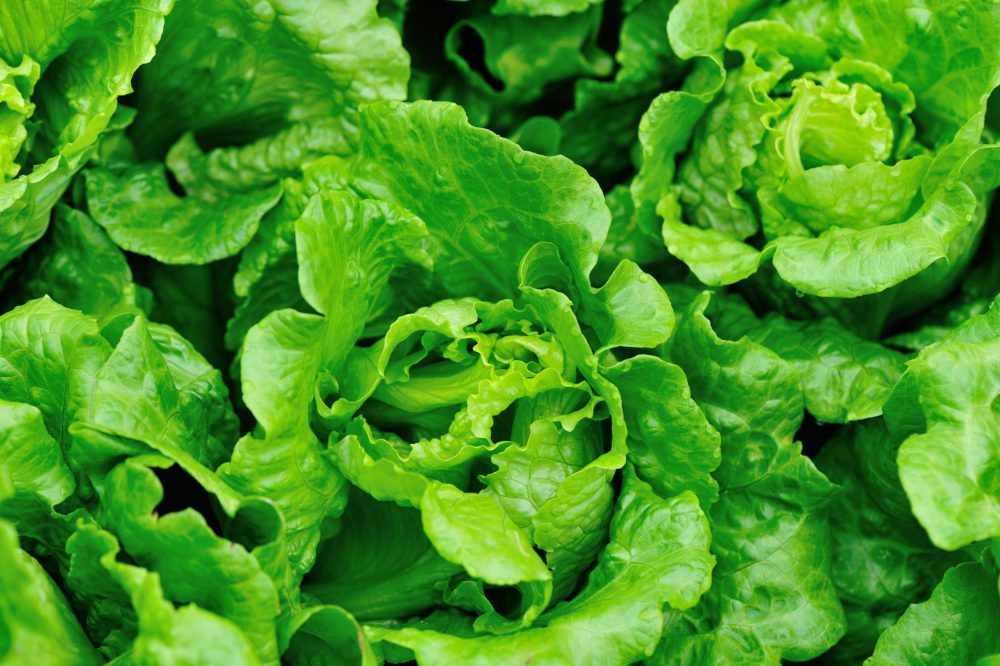
PrimusLabs Steps Up to Help Salinas Valley Romaine Producers
Since the Canadian Food Inspection Agency (CFIA) imposed strict, new, importing conditions on romaine lettuce grown in the Salinas Valley, it has been an incredibly hectic three weeks for romaine producers in four California counties: Monterey, San Benito, Santa Clara, and Santa Cruz. PrimusLabs stepped up to provide them with significant help.
The new requirements were announced on October 2nd and went into effect on October 7th, which meant that everyone involved and very little advanced notice. The rules remain in effect until December 31, 2020, though all romaine in the region will be harvested long before that date.
The new rules require all romaine to undergo a test and hold process to ensure that it is free of pathogen E. coli. Three separate outbreaks of E. coli contaminated romaine lettuce grown in California and Arizona rocked the industry between 2018 and 2020. The outbreaks sickened consumers in both the US and Canada. To add to the beleaguered industry’s troubles, the requirements came just as producers were beginning their annual transition from the Salinas Valley to the Yuma, Arizona, region.
Though the Salinas growing season is now winding down, PrimusLabs stepped up to help by providing sampling and sample pickups throughout the region. This was no easy task as there were varied interpretations of the new rules, requiring, in some cases, that results needed to be reported differently. Increased numbers of samples and larger sample sizes of product taken after the completion of cooling and harvesting posed logistical problems for everyone concerned. New and more efficient processes had to be developed for taking samples, conducting confirmation testing, and disposing of excess untested product. Primus also had to supply extra equipment to assure consistent temperature for samples.
Most importantly, big shippers in the region significantly increased their lab testing which affected PrimusLabs’ microbiology lab in Salinas and, to lesser degree, in Santa Maria as well, increasing work for samplers, dispatchers, lab techs, microbiologists, drivers, and sales personnel, some of whom had to relocate from other labs. PrimusLabs, too, had to hold back its own transition to Yuma, where most Salinas personnel move during the winter growing season.
Some of the biggest shippers chose to avoid the new testing requirements by sourcing their product destined for export from other growing locations, and instead shipping their Salinas Valley product to domestic buyers.
Though the predicament is close to being over, PrimusLabs can take satisfaction in knowing that it was there to help its clients when they needed it most.
A big thank you goes out to all of those who helped turn lemons into lemonade… or, more accurately, Caesar salads.




